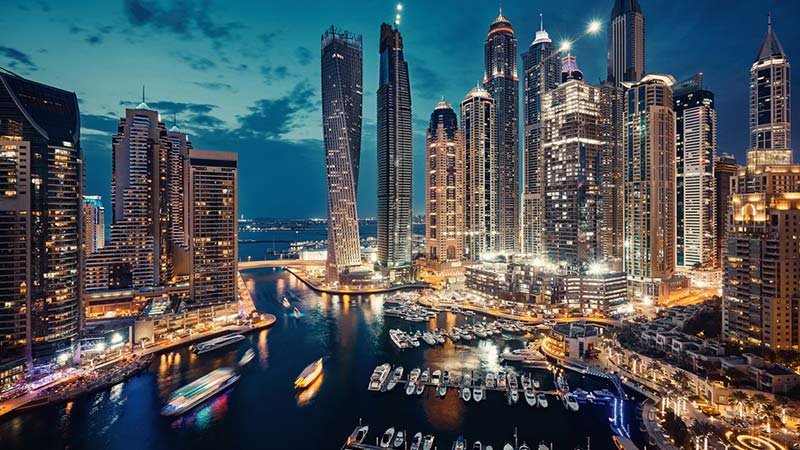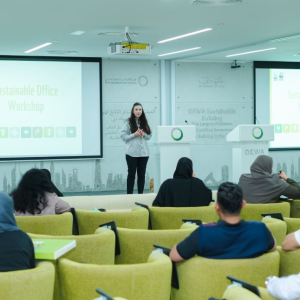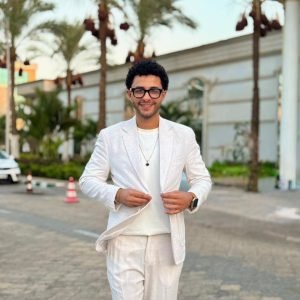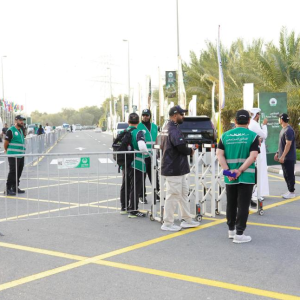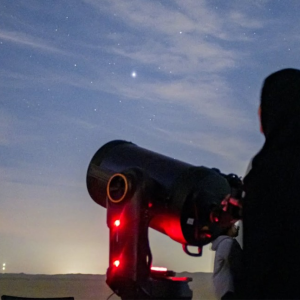Dubai, known for its glitz, glamour, and innovative architecture, has earned a reputation as a place of extravagance and mystery. But with its growing global presence, many myths about this futuristic city have spread far and wide, often distorting reality. In this article, we’ll expose five popular myths about Dubai that are commonly misunderstood and set the record straight.
1. Dubai is Always Hot
When people think of Dubai, the first thing that comes to mind is the extreme heat. Many assume that Dubai is perpetually sweltering, with temperatures soaring above 40°C (104°F) throughout the year. While it’s true that summers in Dubai can be blistering, with highs often reaching 50°C (122°F), the city experiences a more temperate climate in the winter months. From November to March, temperatures are mild and comfortable, averaging between 20°C and 30°C (68°F to 86°F), making it the perfect time for outdoor activities. The idea that Dubai is always hot is, therefore, a myth.
Additionally, many modern buildings are equipped with advanced air conditioning systems, and most public places are air-conditioned, offering respite from the heat. So, while summer months can be intense, Dubai’s winter months are a refreshing break from the imagined year-round heatwave.

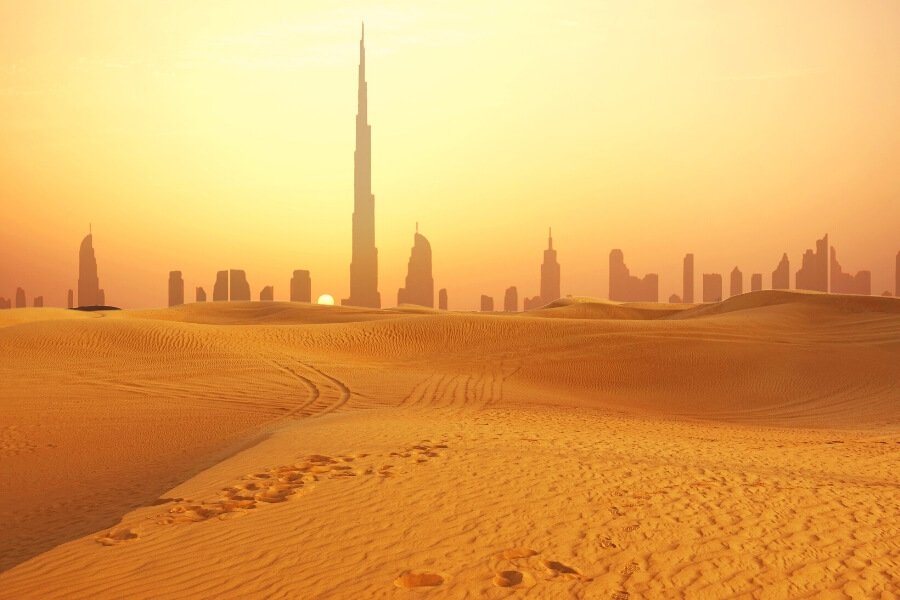
2. Dubai is Just for the Wealthy
Another common misconception about Dubai is that it’s a playground exclusively for the rich and famous. While it’s true that Dubai boasts some of the world’s most luxurious hotels, shopping malls, and dining experiences, it’s also a city that caters to a wide range of budgets. Dubai is home to diverse communities, including expats from all over the world, and many of them live comfortably within a modest budget.
The city offers a variety of affordable housing options, public transportation, and inexpensive food choices, making it accessible to people from various financial backgrounds. The Dubai Metro, for instance, provides a budget-friendly alternative to taxis, and the city’s thriving street food scene offers affordable yet delicious meals. Therefore, while luxury is a big part of Dubai’s charm, it’s not an exclusive domain reserved only for the ultra-wealthy.


3. Dubai Has No Culture or Tradition
Some people believe that Dubai, as a modern, fast-paced city, has little regard for its cultural roots and traditions. However, this is far from the truth. While Dubai is renowned for its skyscrapers and luxury lifestyle, it has a rich cultural history that it actively preserves and promotes. The Dubai Museum, the Al Fahidi Historical Neighbourhood, and the Dubai Opera all reflect the city’s deep connection to its past and heritage.
Moreover, Dubai hosts a variety of cultural festivals, including the Dubai Shopping Festival, Dubai International Film Festival, and the Dubai Food Festival, which celebrate both local and international culture. The city has a strong commitment to maintaining its Islamic heritage while embracing modernity. Dubai’s government has made it a point to promote cultural understanding through initiatives like the Dubai Culture and Arts Authority, ensuring that both residents and visitors can appreciate its historical significance.

4. Alcohol is Illegal in Dubai
A popular myth about Dubai is that alcohol is completely banned in the city. While it’s true that the consumption of alcohol is regulated, it is far from being illegal. Alcohol is available in licensed establishments, such as hotels, bars, and private clubs, and can also be purchased from specific liquor stores for home consumption by those with a valid alcohol license. However, public intoxication and drinking in non-designated areas, such as beaches or parks, are prohibited.
This myth may have originated due to the conservative nature of the UAE’s laws regarding alcohol consumption, especially when compared to other countries where drinking is more openly accepted in public spaces. Nevertheless, Dubai’s approach is more balanced, offering residents and tourists the freedom to enjoy alcohol in appropriate settings while respecting the cultural norms of the city.

5. Dubai’s Economy Is Solely Based on Oil
For many years, Dubai’s wealth has been associated with its vast oil reserves. However, this narrative is increasingly outdated. While oil did play a significant role in the early economic development of the city, Dubai has diversified its economy to become a global hub for trade, tourism, real estate, finance, and technology.
The city has invested heavily in infrastructure, tourism, and innovation, with landmarks like the Burj Khalifa, the Palm Jumeirah, and Dubai Marina serving as symbols of its modern economic success. Dubai’s strategic location as a gateway between the East and West has also helped position it as a key player in international trade. The Dubai International Airport is one of the busiest in the world, and the city continues to attract multinational companies seeking to establish a presence in the Middle East. While oil remains a part of the economy, it is no longer the driving force behind Dubai’s growth and prosperity.

Dubai Myths Conclusion
Dubai is a city of innovation, culture, and opportunity, and the myths that surround it only serve to cloud its true identity. By debunking these misconceptions, we can better understand the dynamic nature of this extraordinary metropolis. From its diverse climate to its rich cultural heritage and diverse economy, Dubai continues to evolve and inspire both residents and visitors alike. Whether you’re considering a visit or planning to relocate, one thing is certain: Dubai is a city that constantly surprises and delights, breaking down stereotypes with each passing year.
So, the next time someone mentions a wild Dubai myth, you’ll be armed with the truth to set them straight! Visit Dubai

